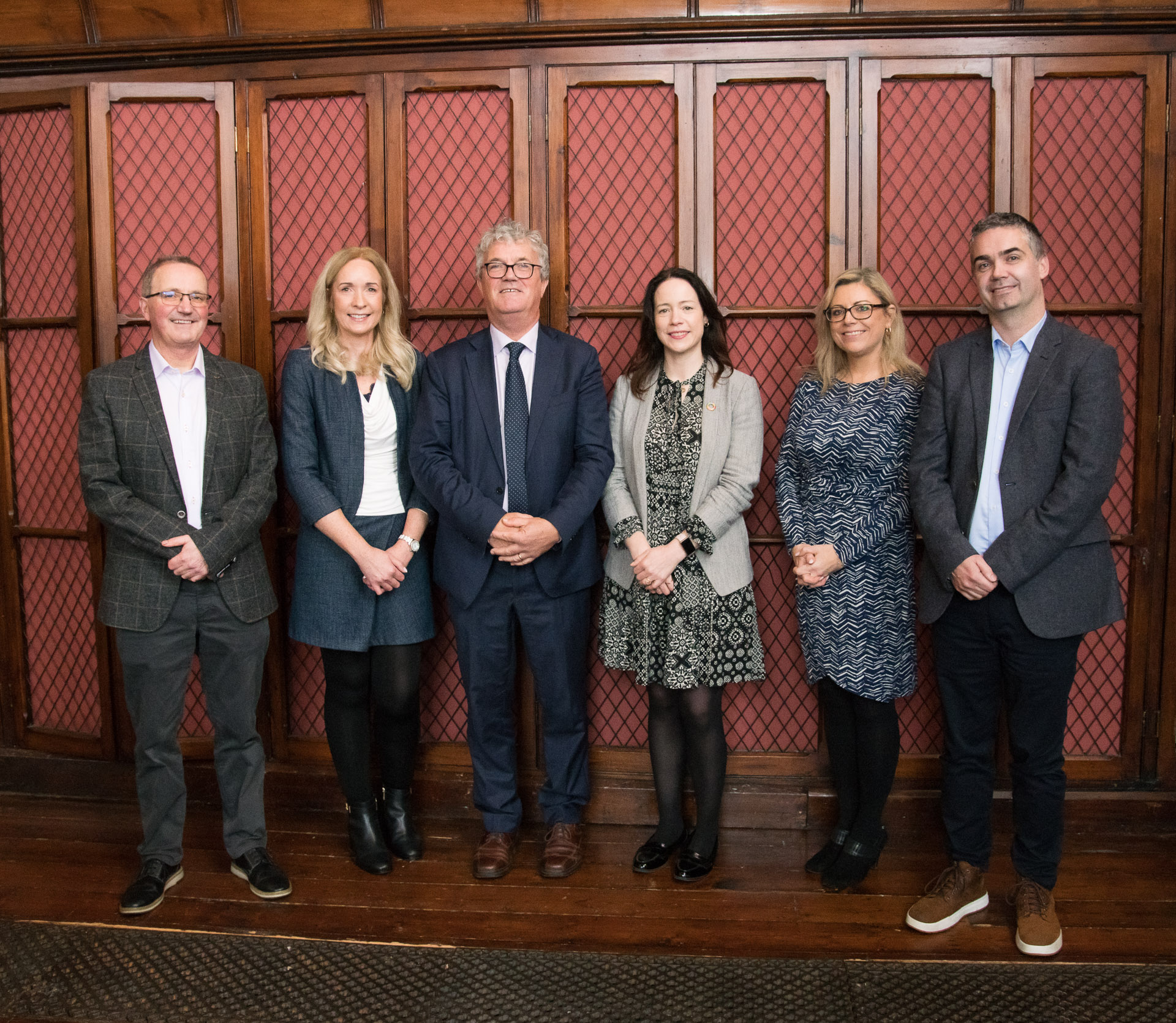ERS themes feature prominently in CUBS undergraduate and postgraduate learning outcomes with specific modules on ethics, sustainable business and responsible leadership. All of our undergraduate programmes have a compulsory requirement linked to the principles of ERS. Across our postgraduate portfolio, 96% of all programmes have a core module requirement embedded in the principles of ERS. New programmes including the MSc International Sustainable Business lead innovative offerings to equip our graduates to influence and lead sustainable global businesses.
A new CUBS wide programme-level outcome (PLO) of ‘Apply ethical and sustainability principles to address contemporary business issues’ builds on existing ERS-aligned courses and is guided by the Principles for Responsible Management Education (PRME). This PLO ensures that all CUBS graduates will have a deep understanding of ERS and its applicability to our changing business world.
Connected Curriculum and Graduate Attributes
As part of our commitment to the PRME Charter, CUBS has undertaken a full review of all modules and programmes, mapping learning outcomes to the SDGs. Further embedding of the principles of ERS in our education has been enabled through mapping to UCC’s Connected Curriculum and the university Graduate Attributes Programme.
Six components have been identified as comprising the Connected Curriculum at UCC, namely research-based teaching, employability, sustainability, inter- and transdisciplinarity, global reach, civic and community engagement. This priority seeks to surface good practice and provide inspiration and tools to support staff to integrate the distinct components of the Connected Curriculum framework in their teaching. The implementation of the Connected Curriculum at CUBS ensures that these connected experiences are articulated and visible in the course descriptions and learning outcomes.
The Graduate Attributes and Values Compass supports our students in considering their holistic development, through both the formal curriculum and the many ways that our student can grow and develop a range of skills, knowledge and abilities, that are applicable in a range of contexts in their lives.
Planet Module
CUBS’ commitment to embedding the principles of ERS in education also informs the wider UCC community as evidenced by the recent launch of a new module at CUBS, “Planet - Preparing Leaders for a Sustainable World”. Available to all UCC staff and students, the module was created to equip students with a high level of knowledge about environmental aspects of sustainability, complimenting the learning students undertake in their chosen programme of study. The module has been designed to provide students with an understanding of the main environmental challenges facing our planet and the key drivers behind them. As part of the learning outcomes, participants will recognise the impacts of our economic activities on our earth systems, natural environment, and human society, particularly the most vulnerable. With an opportunity to explore responses and solutions to mitigate and adapt to environmental and sustainability issues, students are encouraged to reflect on why sustainability in now a key risk and opportunity for business.

The MSc in Sustainable Development, Agri-Food and Co-operatives is the only course of its kind in Ireland that fully integrates co-operative approaches into the study of sustainable development and agri-food. The course was recently recognised by The Education Awards 2024 where it was voted the 'Best Masters Programme' in Ireland. A unique course, with a very strong practical emphasis, students are equipped with the organisational and management skills needed to make innovative contributions to the development of local economies, with particular emphasis on co-operatives, social enterprises, and food businesses in Ireland and overseas. Aimed at graduates from a wide range of disciplines the programme enables students to secure exciting roles across sustainable development and agri-food, in areas such as ESG, green energy, logistics, project management, agri-advisory and consultancy and research.

